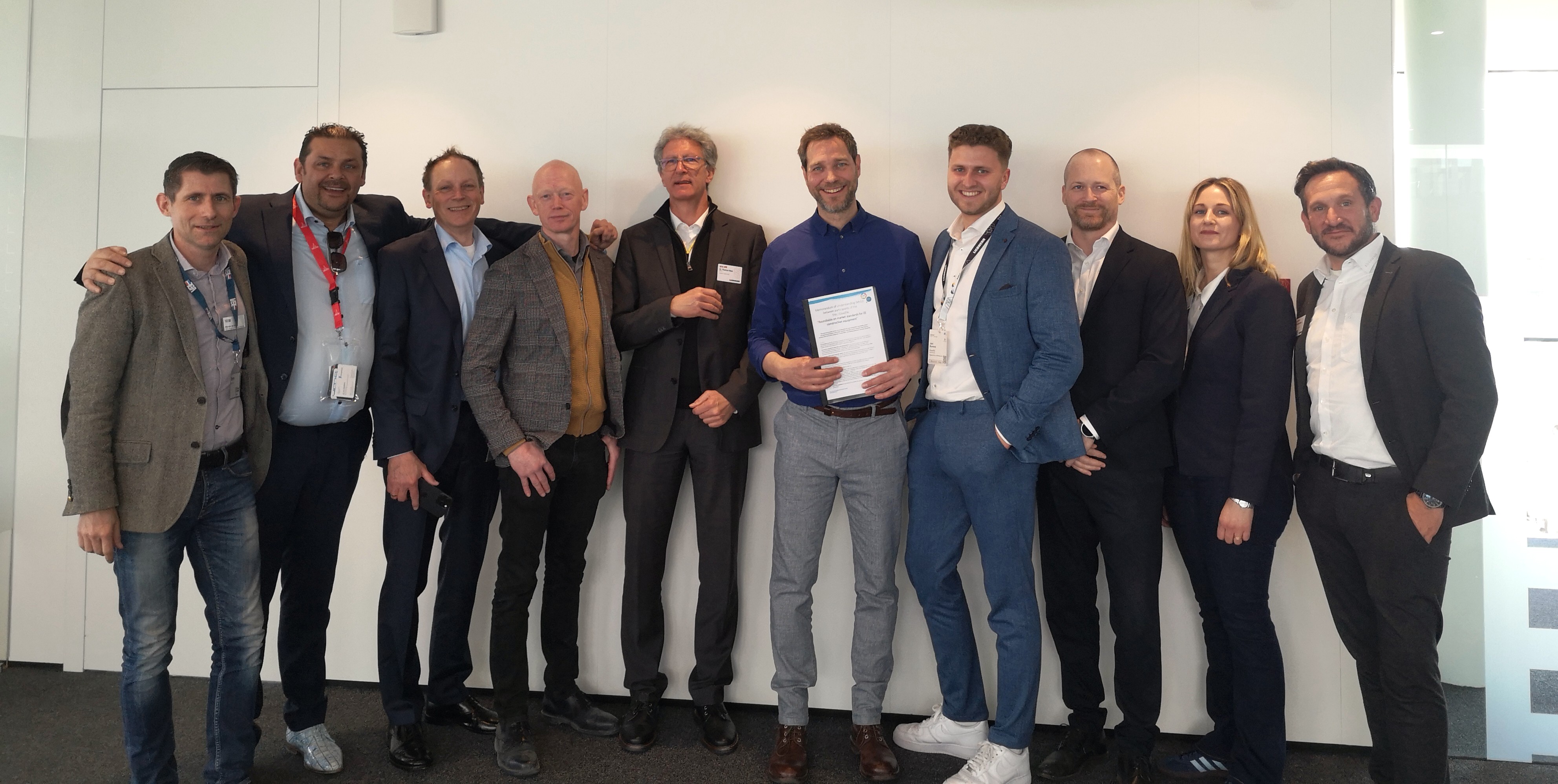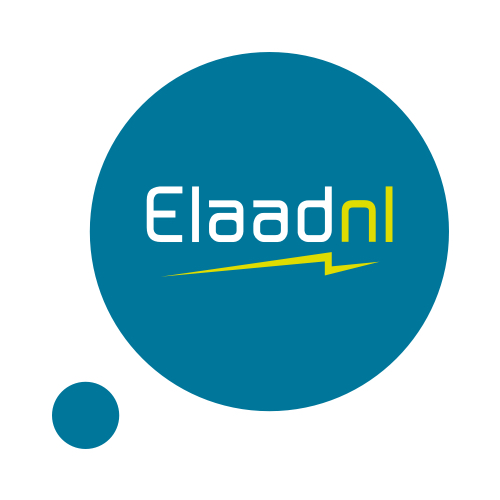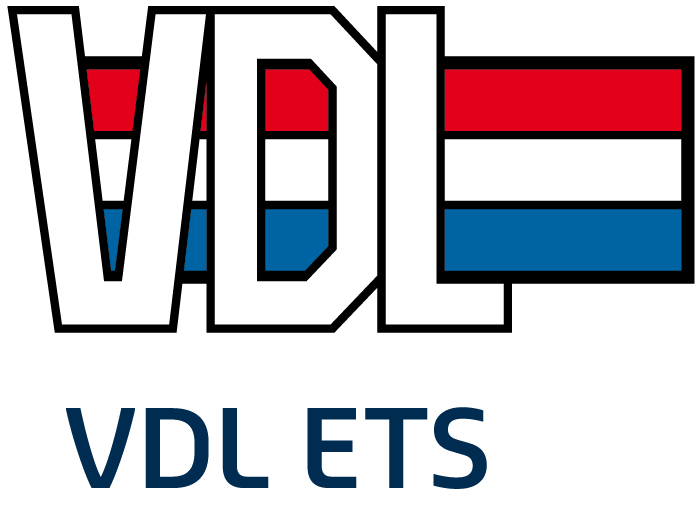Recommendation #1
Topic: Provisions for professional first responders
Executive Summary: Adequate information is recommended for all electric machinery and should follow the format described in the ISO 17840 standard.
Alternative drive trains and new energy sources emerge on zero emission NRMM and one of the important safety measures is to provide adequate information to professional first responders in case of an emergency. For this purpose we recommend to follow the ISO 17840 standard to provide at least an emergency information card as well as relevant pictograms for the propulsion energy on the outside of the machine. This ISO standard has been formulated for passenger cars, busses and trucks, but not yet for NRMM. Following the existing ISO documentation should be done as good as possible given the different nature of NRMM, until the ISO standard is complemented with NRMM relevant formulations.
The roundtable further recommends to apply QR codes on the outside of machines to enable easy access to emergency information corresponding to the specific model.
In some markets, brand-agnostic databases for emergency information are in operation. If such exist, the roundtable finds it beneficial to have available information included in such databases as well.
Download the full text #1 here
Recommendation #2
Topic: Light indicators of the charging process on the machine
Executive Summary: Light indicators are recommended to be used on all machines, in uniform coding where possible
The diversity of manufacturers and models in the range of heavy duty machines using DC charging is increasing. Operators and people tasked with charging machines also encounter various models of chargers and might not even see their displays when containers are used to manage access. That makes light indicators on the machine highly relevant.
To ensure safe and reliable operations it is recommended to a.) use light indicators to inform end-users about the charging state, b.) apply as much uniformity in lighting as possible to align with the majority of light regimes already in place in the (truck) market and c.) make use of accompanying labels at the place of the charging inlet.
Given the development towards bi-directional charging, the roundtable also recommends to use different colours and frequency to be used when de-charging is in progress.
|
State
|
Light Indication
|
|
Ready to charge / connecting:
|
Solid yellow or white
|
|
Charging in progress:
|
Pulsating blue or green
|
|
De-charging of vehicle in progress:
|
Different colouring and pulse frequency than with charging
|
|
Charging completed:
|
Solid Green
|
|
Error:
|
Red
|
Download the full text #2 here
Recommendation #3
Topic: Location of the charging socket on the machine
Executive Summary: Off-Highway machinery should be predictable in terms of socket location to allow for charging infrastructure to suit all types of machines.
The plug position on the machine is relevant to the charging infrastructure which has limitations in terms of cable length, cable weight and plug height from an occupational health perspective. It is also important with regard to safety considerations like collision protection. Charging infrastructure often needs to cater for trucks as well as NRMM and battery energy storage systems (BESS). Standardisation in socket position is therefore important for safe and efficient operations.
The roundtable recommends that all types of charging sockets should be placed on the same side of the vehicle where entry to the cabin is situated, at a height reachable from the ground and visible from the machine entry point, if the machine design allows for this.
Download the full text #3 here
Recommendation #4
Topic: Big red buttons / Emergency stop buttons
Executive Summary: An Emergency stop (E-stop) button specifically for charging should be located on the charger, not on the machine.
Emergencies around charging can happen, but are not the only type of event where a machine needs to be stopped immediately for functional safety. As there already are emergency buttons on most machines that bring the machine into a ‘safe state’ from a functional perspective, there should not be any other button on the machine that suggests the same functionality. The existing buttons are in most cases located inside the cabin.
Instead, there should be an emergency stop button available on the charger side, whether or not that is integrated with a Battery Electric Storage System (BESS). This E-stop button should not be duplicated on the machine side. For any kind of regular operation of the charging session – like unlocking the cable after charging has finished – red buttons should not be used to avoid the impression of an E-stop functionality.
Any Emergency stop button should be designed and located in such a way that operators are discouraged to misuse them as a way to end a regular charging session. That must be avoided in order to prevent damage to electrical systems by misuse of an emergency feature.
Download full text #4 here
Recommendation #5
Topic: Priority charging protocol for DC charging via CCS2
Executive Summary: ISO 15118-2 should be the default priority charging protocol, ISO15118-20 is ‘nice to have’.
As the transition to zero-emission construction sites accelerates, challenges related to reliable and intelligent charging are increasingly emerging on-site. Participants of the ENI/ElaadNL OEM Roundtable are aligning on a unified message: ISO 15118-2 should be the default charging protocol for electric construction equipment to overcome these issues in the field. This standard meets current functional demands, enables smart charging, complies with EU cybersecurity requirements, and simplifies implementation compared to newer alternatives. The DIN 70121 charging protocol should not be prioritized.
The more advanced ISO 15118-20 charging protocol is seen as the logical next step for developments that are emerging. E.g. vehicle to grid functionality is expected to be utilized increasingly as construction equipment typically involves large battery capacity assets.
Download the full text #5 here








